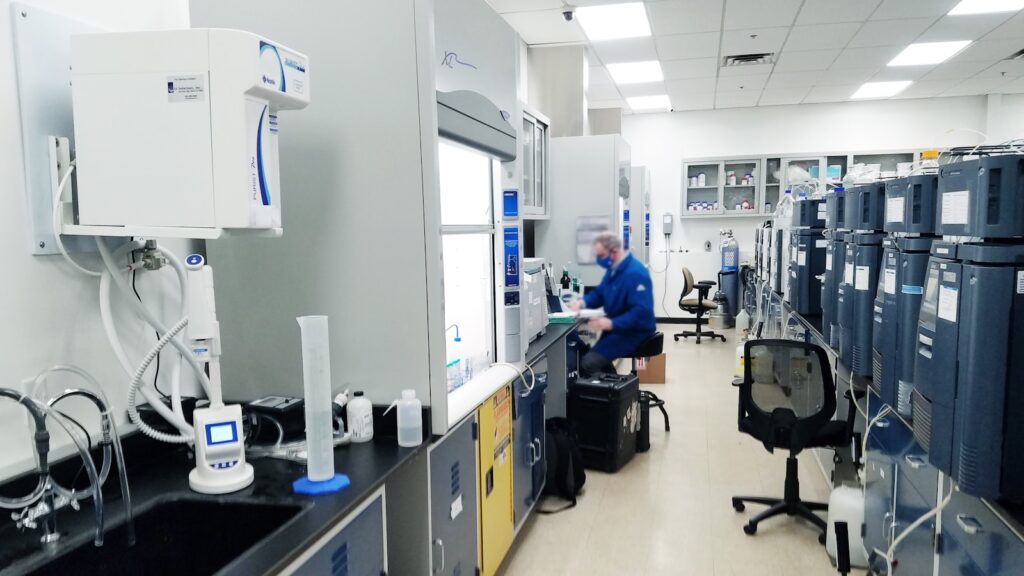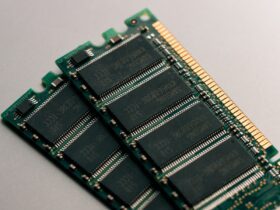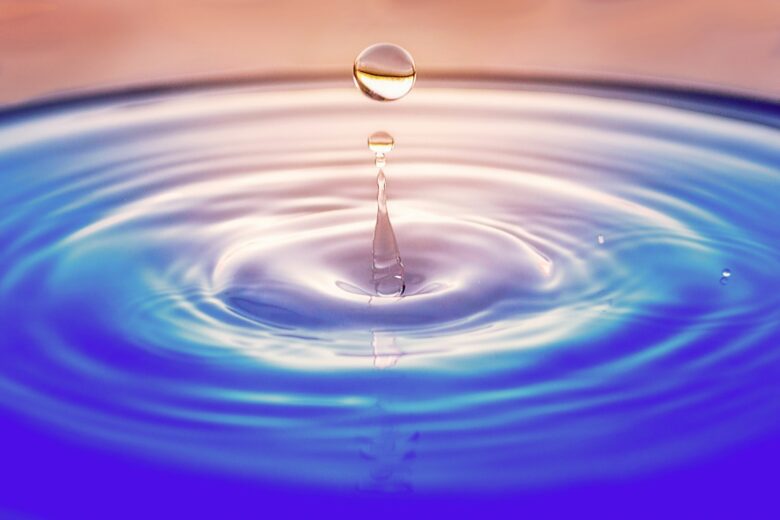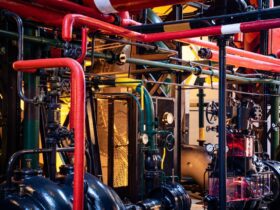In industrial applications, choosing the appropriate water purification technology is critical to ensure operational efficiency, regulatory compliance, and environmental sustainability. AQUAANALYTIC LLC Dubai is an authorised importer and distributor of the Evoqua Water Technologies (USA) in the United Arab Emirates.
Several key factors need to be considered when selecting water purification technology for industrial use:
Water Quality Analysis and Contaminants
Before implementing a water purification technology in an industrial setting, a thorough analysis of water quality and contaminants is essential. Industrial processes can introduce various contaminants into the water supply, such as heavy metals, chemicals, or organic compounds. Understanding the specific contaminants present will help determine the most suitable purification technology for effective removal.
Treatment Efficiency and Effectiveness
Industrial processes often require high-efficiency water purification technologies to meet stringent quality standards. The selected purification technology should be effective in removing contaminants relevant to industrial applications, such as process chemicals, microbial agents, or particulate matter. Ensuring treatment effectiveness is crucial for maintaining water quality in industrial processes.
Capacity and Flow Rate
Industrial facilities typically have high water demand and require purification technologies with sufficient capacity and flow rate capabilities. The chosen technology should be able to handle large volumes of water efficiently to meet production needs. Considering the capacity and flow rate requirements of the industrial facility is essential when selecting water purification technology.
Cost-Effectiveness and Maintenance
The initial cost, operational expenses, and maintenance requirements of the purification technology should be evaluated for cost-effectiveness. Industrial facilities need technologies that balance performance with affordability and have manageable maintenance needs. Choosing a cost-effective technology with minimal maintenance requirements can help optimize operational costs and ensure long-term reliability.
Energy Efficiency and Sustainability
Prioritizing energy efficiency and sustainability in water purification technologies is crucial for reducing environmental impact and operating costs. Industrial facilities should select technologies that promote energy conservation and sustainable water treatment practices. Energy-efficient technologies powered by renewable sources can enhance environmental stewardship and resource efficiency in industrial applications.
Regulatory Compliance and Standards
Compliance with regulatory standards and industry-specific requirements is essential for industrial water purification. Technologies should meet stringent regulations and guidelines for water quality and treatment processes to ensure treated water meets safety standards for industrial use. Adhering to regulatory requirements is critical in avoiding legal issues and protecting public health.


Scalability and Adaptability
Considering the scalability and adaptability of the purification technology is important for accommodating future growth and changes in water quality. Industrial facilities should choose technologies that can be easily scaled up or modified to meet increasing demand or address evolving contaminants. Selecting flexible technologies that can adapt to specific requirements is advantageous for long-term sustainability.
Expert Support and Training
Access to expert support, technical assistance, and training is essential for successful implementation and operation of water purification technology in industrial settings. Industrial facilities should partner with providers that offer comprehensive support services, including training programs and ongoing technical assistance. Expert guidance can help optimize the performance of water treatment systems and ensure efficient operation.
In conclusion, selecting the right water purification technology for industrial use involves considering factors such as water quality analysis, treatment efficiency, capacity, cost-effectiveness, energy efficiency, regulatory compliance, scalability, and expert support. By prioritizing these key factors, industrial facilities can implement effective water treatment systems that meet operational needs, regulatory requirements, and environmental responsibilities. Careful evaluation and selection of water purification technologies are essential for ensuring safe and sustainable water usage in industrial applications.






























